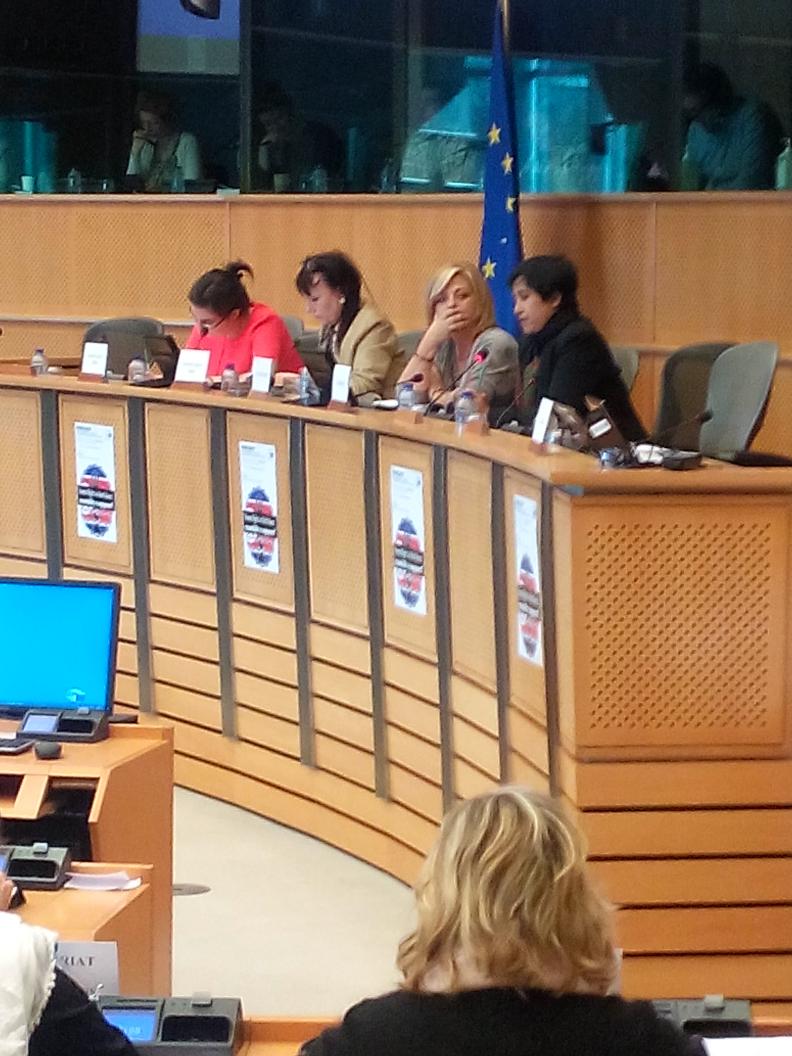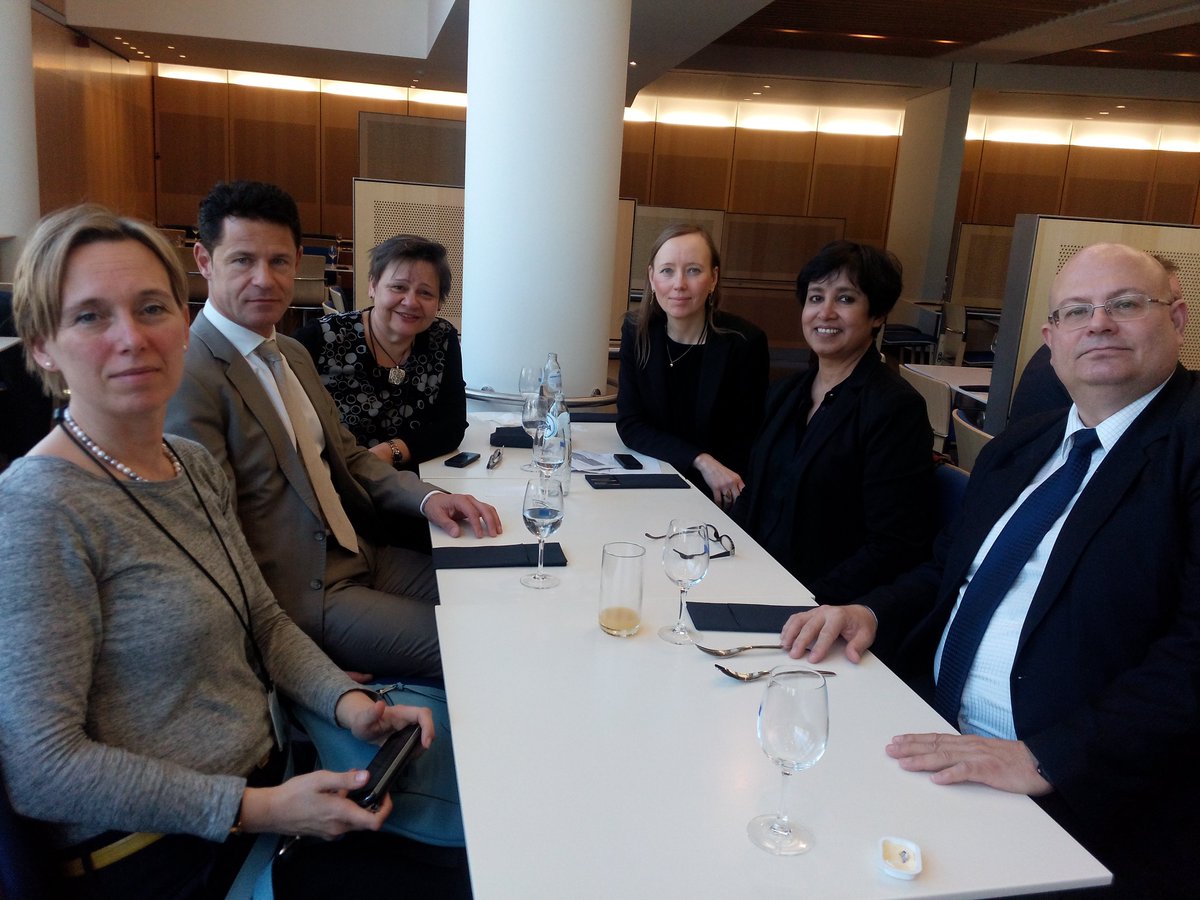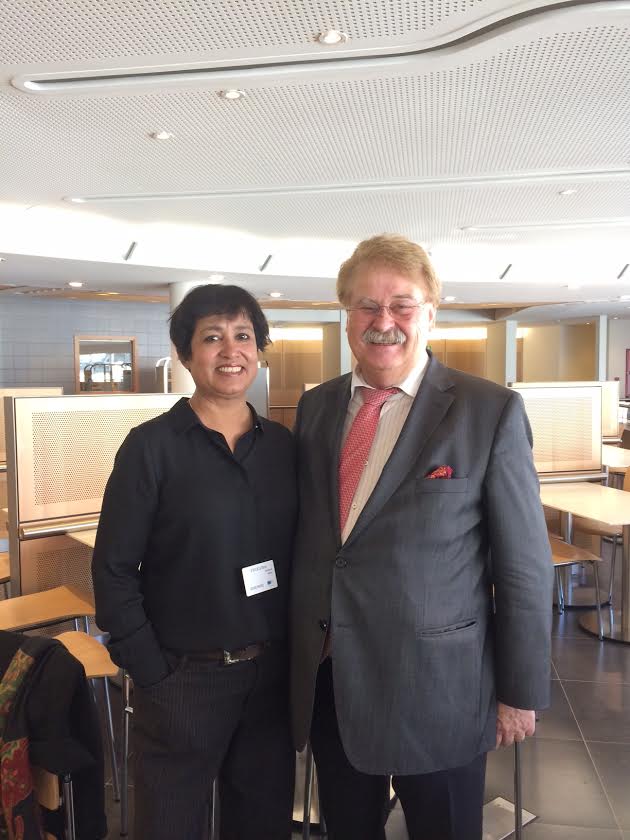So Turkey thinks it gets to arrest people for saying “insulting” things about government officials.
Turkish authorities on Sunday released a Turkish-Dutch journalist from police custody but barred her from leaving Turkey as they continue to investigate tweets she posted about President Recep Tayyip Erdogan.
Ebru Umar, a columnist for Metro newspaper, was detained for questioning late on Saturday at her home in the Aegean resort of Kusadasi, on the orders of a prosecutor for social media postings deemed to be “insulting to state leaders,” Turkey’s state-run news agency reported.
The thing is, Turkey, people with power are the ones who should be most open to public dissent, including “insult.”
In a short video posted on Metro’s website, Umar said she was woken up Saturday night by two police officers knocking on her door who told her to go with them because of two tweets.
A scene out of ordinary life – you’re at home asleep and you’re woken up by cops arresting you “because of two tweets.” Doing it in the middle of the night is such a nice touch – increase the stress and fear with no extra cost.
Human rights and media freedom groups have repeatedly sounded the alarm over the limited tolerance of dissent shown by authorities in Turkey, where nearly 2,000 legal cases have been opened against individuals accused of insulting the Turkish president since Erdogan came to office in 2014.
Good god. I knew he was touchy but I didn’t know it was that bad.
In a tweet, Dutch Prime Minister Mark Rutte said he had called Turkish counterpartAhmet Davutoglu in the afternoon. Rutte said Umar’s detention “Directly hits our core values — freedom of expression and press freedom.”
Foreign Minister Bert Koenders said he was relieved Umar had been released and said he had informed Turkish Foreign Minister Mevlut Cavusoglu that he “deplored” the situation.
“A candidate member of the EU should not meddle with press freedom and freedom of expression,” Koenders said in a statement. “I have often stressed that in discussions with Turkish colleagues and will continue to do so. It is necessary, as has been shown again.”
This is why Turkey should not be in the EU. Its candidacy should fail.
Umar wrote a column last week for Metro criticizing an appeal sent by Turkey’s consulate in Rotterdam urging Turks in the Netherlands to report cases of people insulting Turkey or its leader. She compared the letter to “NSB practices,” a reference to the Dutch branch of the Nazi party before and during World War II.
Oh ffs – report to whom? Turkey is trying to control what people say in the Netherlands too? That’s completely revolting.
Erdoğan is a fascist and an egomaniac. Come and get me, Turkey.




